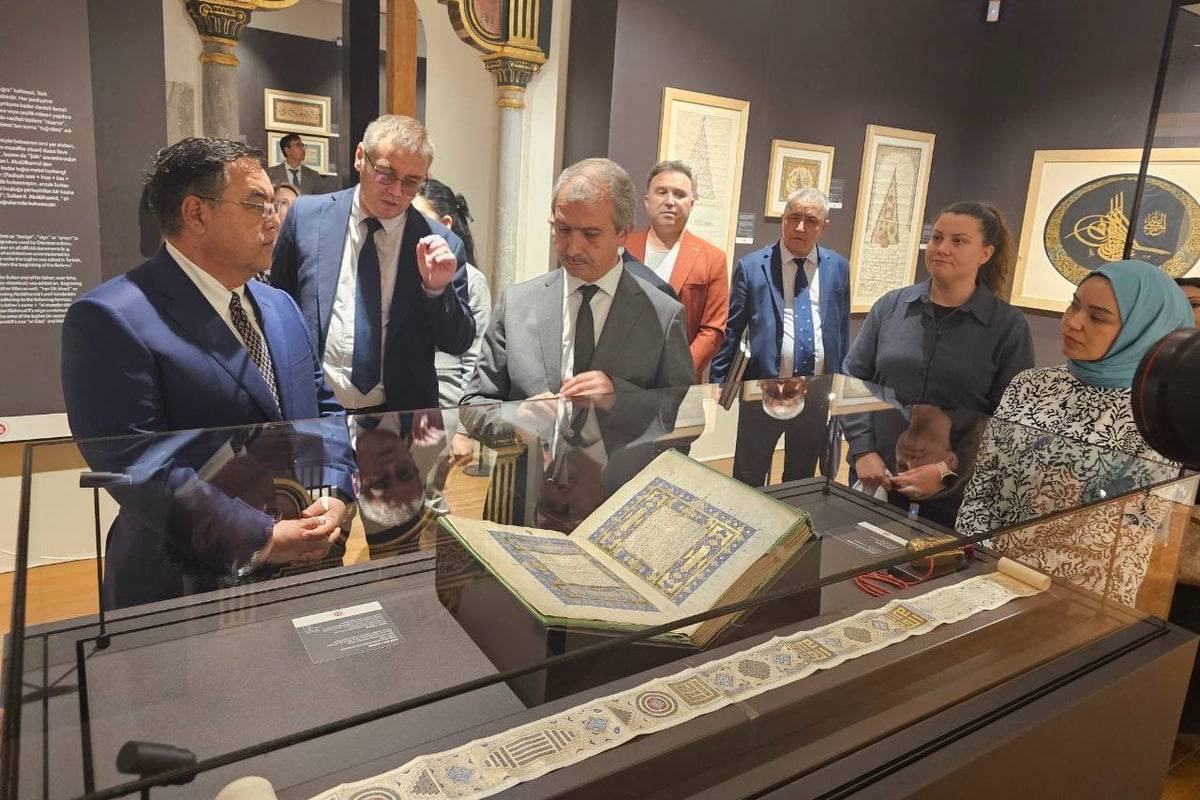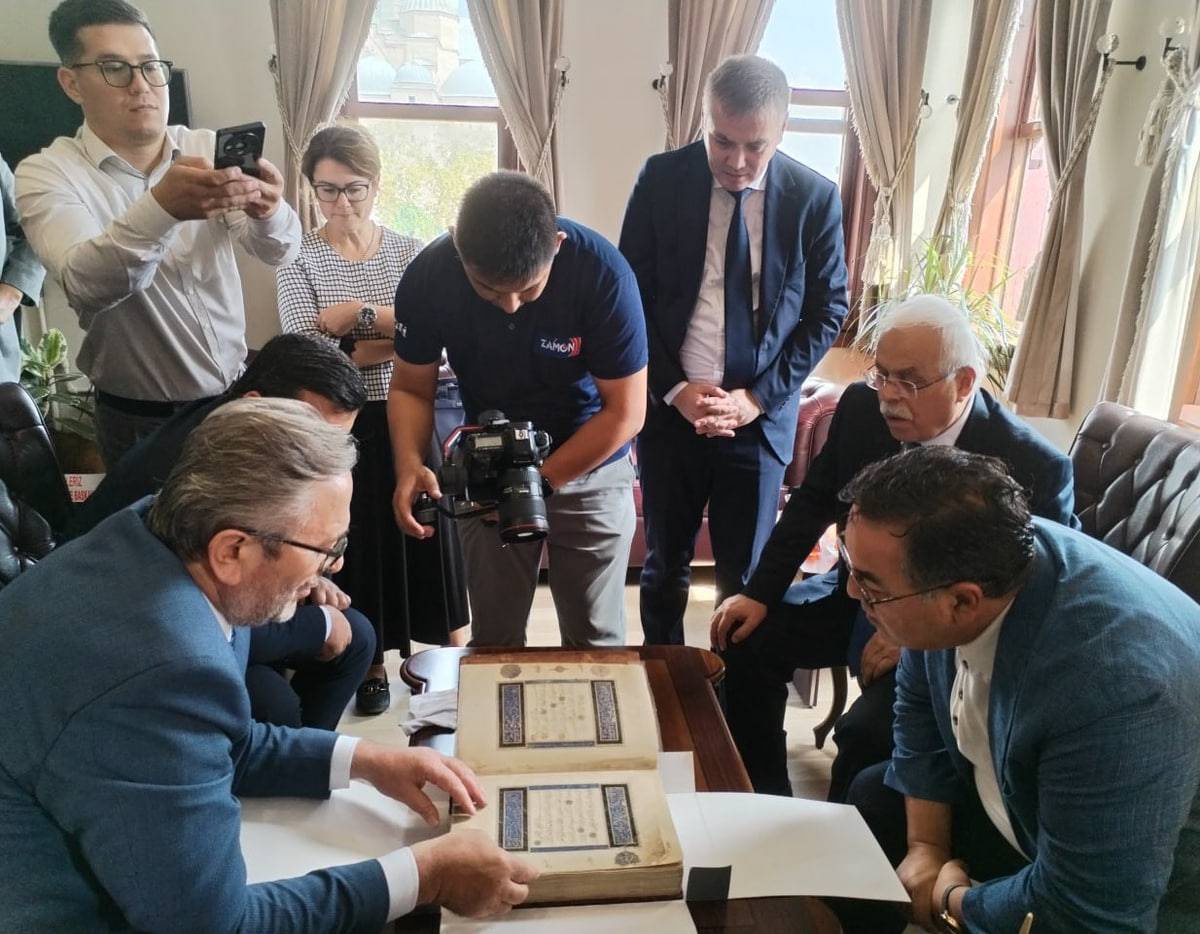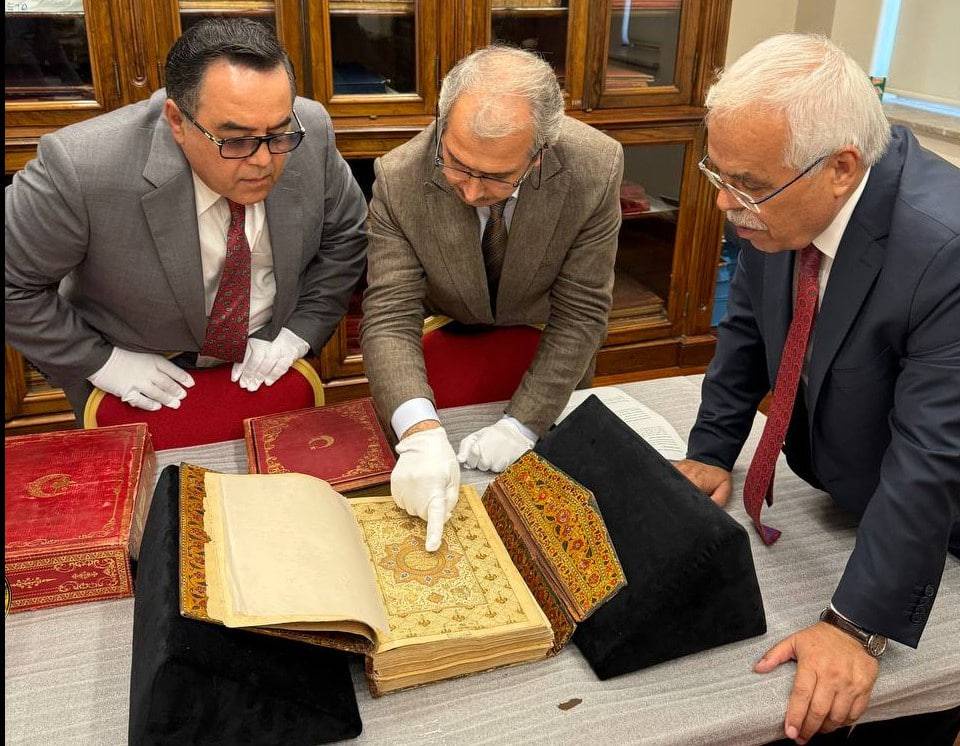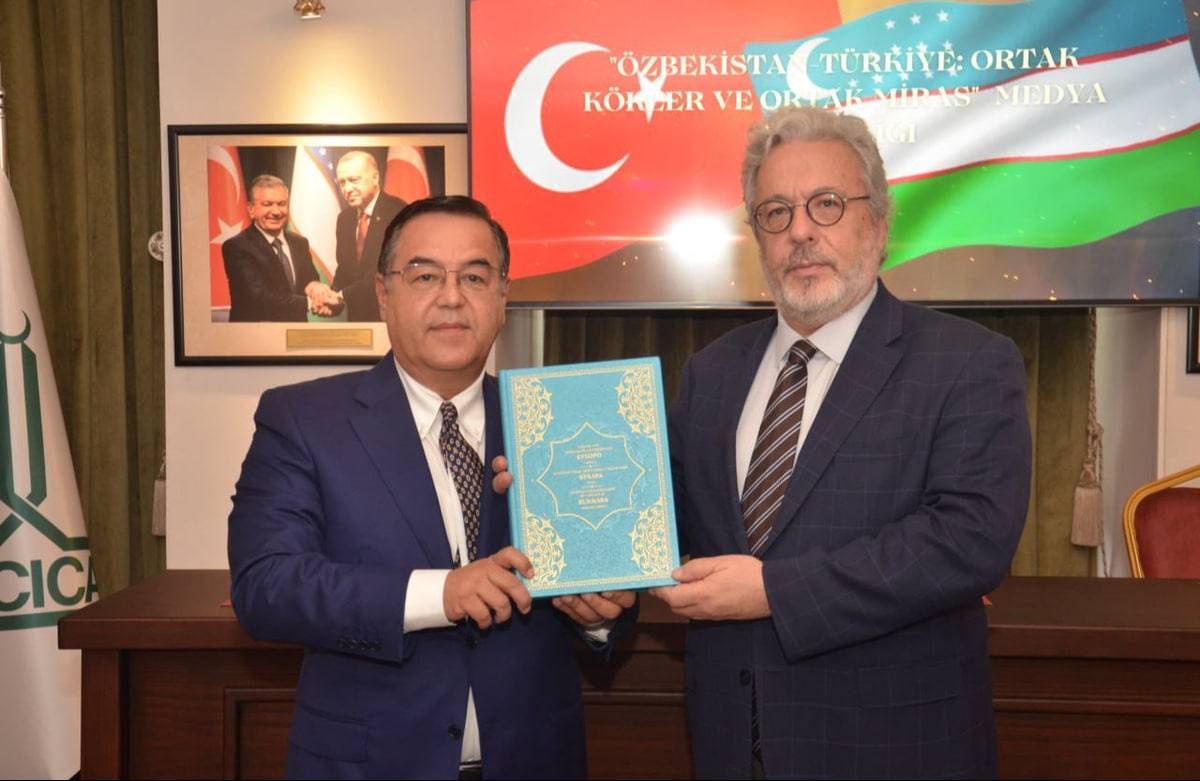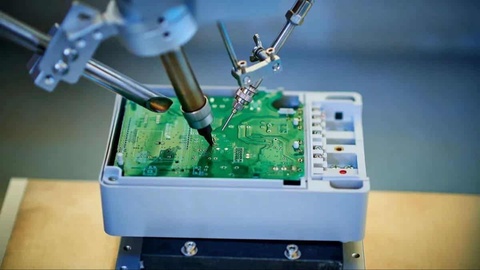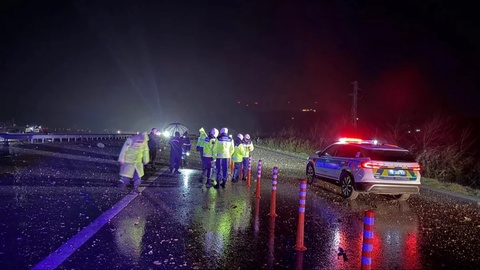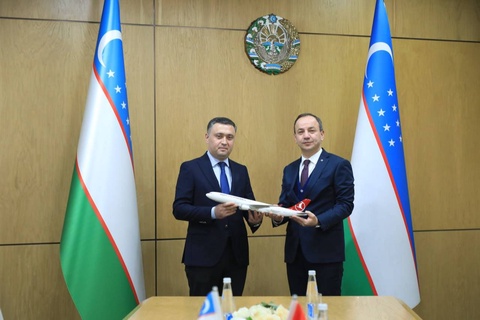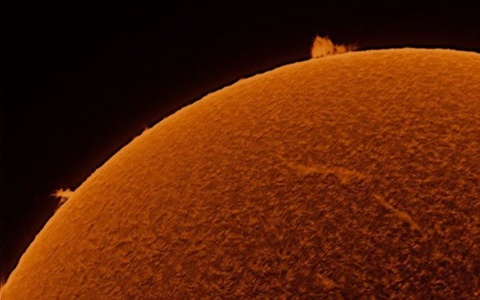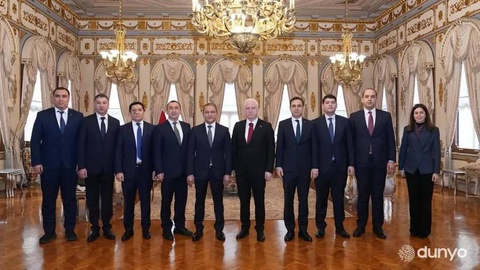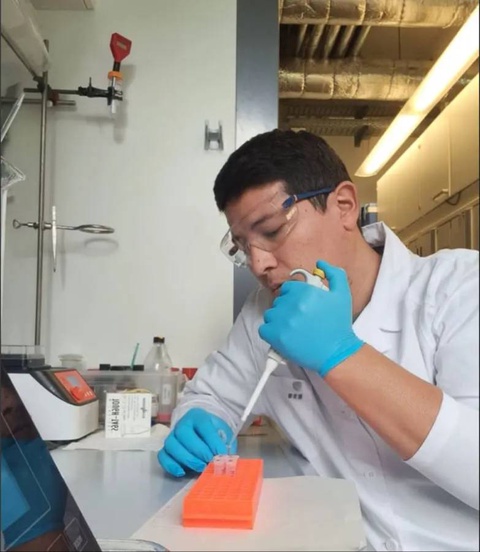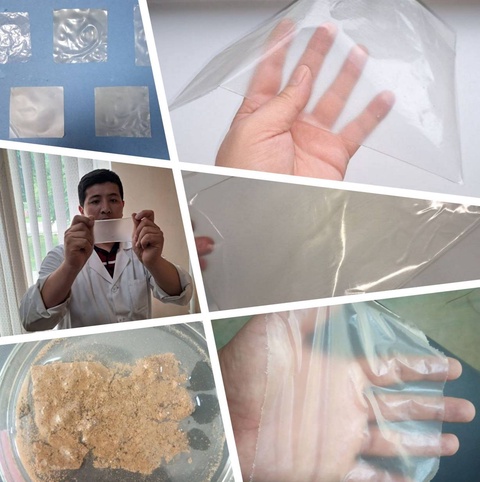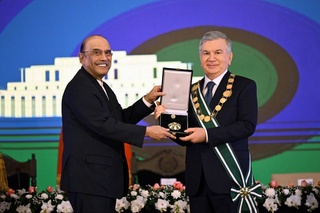The members of the delegation got acquainted with the activities of the Outdoor Factory company in Istanbul, which presented its projects to enrich the museum of the Center of Islamic Civilization of Uzbekistan. The head of Sinan Turaman spoke about the ongoing work at the Museum of the President of Turkey in Istanbul.
During the visit, meetings were held in such important places as Hagia Sophia, the Blue Mosque, Topkapi Palace, the ancient city of Ephesus and the mausoleum of Halicarnassus, as well as in the miniature open-air museum Miniatürk, which includes scaled-down models of these famous historical monuments.
During the scientific and creative trip, the delegation of the Center for Islamic Civilization of Uzbekistan was accompanied by the head of the Department of National Palaces of Turkey Yasin Yildiz, the head of the Department of Manuscripts of Turkey Joshkun Yilmaz, professors of a number of prestigious universities, scientists and specialists.
In Istanbul, the delegation also got acquainted with a number of rare manuscripts and historical exhibits related to the cultural heritage of Uzbekistan.
In particular, the Yuldyz Palace, which is a rare example of Turkish and European architecture, houses a copy of the Koran, presented by Khan of Kokand Amir Umarkhan to Sultan Mahmud II of the Ottoman Empire. The Topkapi Museum houses rare Timurid artifacts - gifts from the Emir of Bukhara to Sultan Abdulhamid II, as well as the rarest and most sacred relics of the Islamic world.
During the meeting in Dolmabahc, one of the most important historical sites in Turkey, Director of the Center for Islamic Civilization of Uzbekistan Firdavs Abdukhalikov and head of the Department of National Palaces under the President of Turkey Yasin Yildiz exchanged views on the need to combine scientific forces and opportunities to study our common cultural heritage.
"The work carried out by the President of Uzbekistan Shavkat Mirziyoyev on the broad promotion of the principles of enlightenment of Islam at the world level and the preservation of cultural heritage deserves special attention," Yasin Yildiz said. - "Turkey is also conducting very large-scale work in this direction. The talks between the leaders of the two countries also pay great attention to the development of cooperation in this area. We are confident that this visit of our Uzbek friends will open up new opportunities for scientists and researchers from both countries."
At the meeting, it was also proposed to organize a joint forum within the framework of cooperation between Uzbek and Turkish scientists. Yasin Yildiz expressed readiness to cooperate in publishing new books-albums from the series "Cultural Heritage of Uzbekistan" together with national palaces, museums and libraries of Turkey.
The Turkish land is a place of eternal rest for great saints and outstanding thinkers. Our ancestors who were born in Uzbekistan and then traveled to the ancient Roman Empire, where they lived their last days, are buried here. The delegation members visited the grave of Ali Kushchi, who was buried in the Eyup Sultan mausoleum in Istanbul, as well as the Uzbek tekke (khanaka) in Uskyudar, which once served as a temporary shelter for our compatriots who went on pilgrimage, and paid homage to the spirit of their ancestors.
The center is in constant cooperation with the printing houses and designers of the fraternal country. During the visit, meetings were held with Hassan Kondu, director of the Mega Basym publishing house, and the calligrapher Huseyin Kutlu, who included in his work elements of style and jewelry used for 1,500 years to write the Koran. Meetings and discussions were held on the publication of such book albums as "Historical figures in the manuscript heritage of Uzbekistan", "Clavijo's Journey to the Court of Timur", "114 Korans", "Outstanding Manuscripts of Uzbekistan".
On September 17, a photo exhibition on the theme "New Uzbekistan: Time, Space and Cultural Heritage", dedicated to the ancient and rich history and unique culture of Uzbekistan, was held in the building of the Center for Research on the History, Art and Culture of Islam (IRCICA). The media event "Uzbekistan - Turkey: common roots and common heritage" and the presentation of the project "Encyclopedia of great Scientists of Uzbekistan" were held within its framework. During this event, the Center of Islamic Civilization of Uzbekistan and the research centers of Imam Bukhari, Imam Tirmizi and Imam Maturuddi were presented. An agreement was signed on the creation of an "Encyclopedia of Great Scientists of Uzbekistan" between the Center for Islamic Civilization of Uzbekistan, the Islamic Research Center and IRCICA.
Special attention was paid to studying the experience of the Fuat Sezgin Museum of the History of Science and Technology, Topkapi Palace and the Museum of Turkish-Islamic Arts. An agreement has been reached on the preparation of facsimile editions of rare manuscripts, in particular Korans written during the reign of the Golden Horde and copied by Timur's grandson, Baysungur Mirza. The head of the Turkish Manuscripts Department, Professor Joshkun Yilmaz, handed over to the Center of Islamic Civilization of Uzbekistan and the Imam Bukhari Innovation Museum a facsimile edition of the earliest complete manuscript "Sahih al-Bukhari" of the XIII century. These interesting and useful meetings continued in Ankara, the capital of Turkey.
The staff of the Center for Islamic Civilization of Uzbekistan and the Imam Bukhari Research Center held presentations of their centers at the Faculty of Theology of Ankara University and the National Library of Turkey under the Presidential Administration. Special attention was paid to further enriching the corner of the Center of Islamic Civilization of Uzbekistan in the National Library of Turkey.
A collection of manuscripts was examined at the Suleymaniah Library, their storage conditions were assessed and experience was exchanged. Then the members of the delegation visited the restoration laboratory of the Rumi Library, where they studied the working processes and received information about the restoration of ancient manuscripts. Currently, a group of restorers from Uzbekistan is being trained in this laboratory.
"The visit to Turkey turned out to be very impressive and useful," said F. Abdukhalikov, Director of the Center for Islamic Civilization of Uzbekistan. - A month ago, about 40 Turkish scientists took part in the International Congress "Heritage of Great Ancestors - the basis of the Third Renaissance" in Samarkand, who proposed more than 30 projects to expand the activities of the center. We held meetings with these specialists to continue working on the projects. Familiarization with the cultural heritage of Uzbekistan, stored in Turkish museums and libraries, strengthened our belief in the close connection between the history and culture of the two peoples. The results of this visit will be of great importance for the direction of our future activities."


